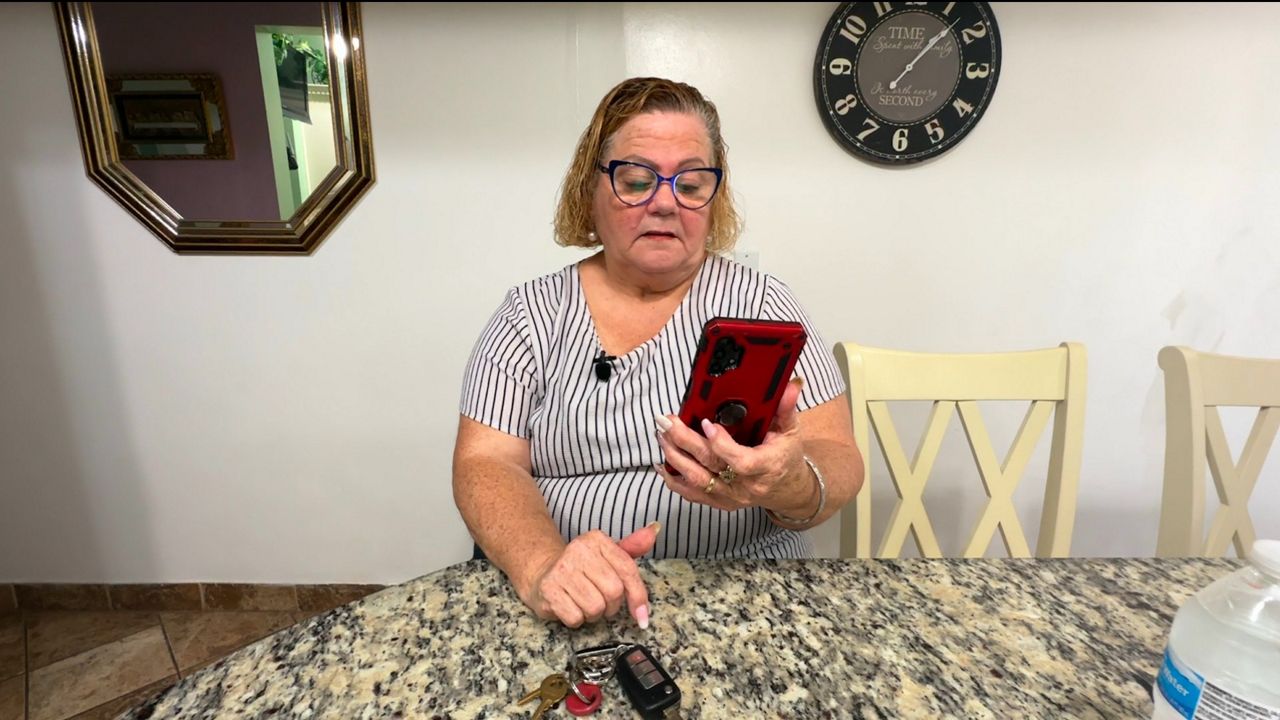TALLAHASSEE, Fla. — Branded as a “comprehensive statewide workforce housing strategy,” the Live Local Act proposes multiple strategies to address Florida’s longstanding struggle to provide enough attainable housing for its growing population. Many Floridians are unable to afford to live in the area they work.
Senator Alexis Calatayud (R-Miami) filed Senate Bill 102 on Thursday following a roundtable discussion by Senate President Kathleen Passidomo (R-Naples) for members of the news media in Tallahassee.
“The government is helping out here,” Passidomo told reporters Thursday at a roundtable briefing. “We’re providing incentives to businesses who are providing affordable housing. There’s a quid pro quo there. You’re gonna keep the rents low for 30 years [or so]… in return for us providing incentives. That’s the key.”
The first section of the proposed law forbids rent control under all circumstances.
Currently, Florida statute only allows local governments to enact rent control measures if there is a grave “housing emergency.”
Orange County and St. Petersburg have enacted such measures; however, legal battles have stopped those ordinances from taking effect.
Most recently in Orange County, commissioners voted 5-2 to appeal a court ruling blocking a rent control ordinance that was approved by nearly 60% of voters.
The median rent in Orlando is $2,150 and the average monthly rent in Tampa is $2,250, according to Zillow.
If passed, the bill would also make it easier to add affordable housing units to areas zoned for commercial or mixed-use-development, but not for areas already zoned for residential use.
“Affordable” in this context means serving incomes up to 120% of Area Median Income (AMI), or approximately $94,000 for a family of four, according to a release news media received ahead of Thursday’s briefing.
If a development proposal sets aside at least 40% of its units as affordable housing for at least 30 years, counties will no longer need to require zoning changes before approving the proposal — which is often a lengthy administrative process. However, SB 102 would remove counties’ current ability to bypass state and local laws in order to approve affordable housing in residential areas.
SB 102 also includes a mandate for counties to publish lists of county-owned property that might be suitable for affordable housing. Counties are already required to prepare a list every three years, but there’s no publication requirement.
Other aspects of the proposed law include incentives to develop “missing middle” rental housing for workers, and an invitation for local governments to offer property tax exemptions for property owners who dedicate units for affordable housing at 50% AMI or less. For a family of four, that’s $39,150.
The programs’s overall cost will swell near $1.5 billion over the next decade, according to Senate projections. While some proponents, including the Florida Chamber of Commerce, are lauding the bill, some Democratic lawmakers see issues with it.
Orlando Democratic Rep. Anna Eskamani described the proposal as a “corporate giveaway” Thursday on Twitter. She particularly takes issue with the ban against rent stabilization programs, arguing that constituents within her district are in the midst of a housing emergency.
She said she also wishes the proposal did more to provide immediate relief to Floridians. Lawmakers on both sides of the aisle agree the legislation will take time to stabilize the market, if at all.
“It is, unfortunately, to the point where the need is now,” Eskamani told Spectrum News. “It’s not in the future. It’s now, which is why any package should include tenant protections and tenant support in the immediate while we do pick up the supply long term.”
Carmen Burgos, 66, owned a home in Orlando for 20 years with her husband but had to sell it in 2019, a few years after he passed away. She couldn’t keep up with the mortgage herself.

“When I lost my husband, it’s like I lost everything,” Burgos said. Now, she’s been staying with a friend’s family in their duplex, ever since she stopped being able to afford her former rental apartment, which she left in August.
“I can’t find [anywhere] to live because the money that I receive for Social Security — it’s not enough to find an apartment. My credit right now is not good,” Burgos said.
Burgos said she stopped working in 2011 because of medical issues and receives $1,100 a month in Social Security benefits.
Republicans in Florida enjoy a supermajority in both the House and Senate, meaning GOP leaders can advance most legislation without Democratic support. Among other pursuits, the bill will require expedite the permitting of affordable housing developments and publish a list of possible development lands within the district.
The 2023 Legislative Session begins in March. If signed into law, the legislation will take effect on July 1.




